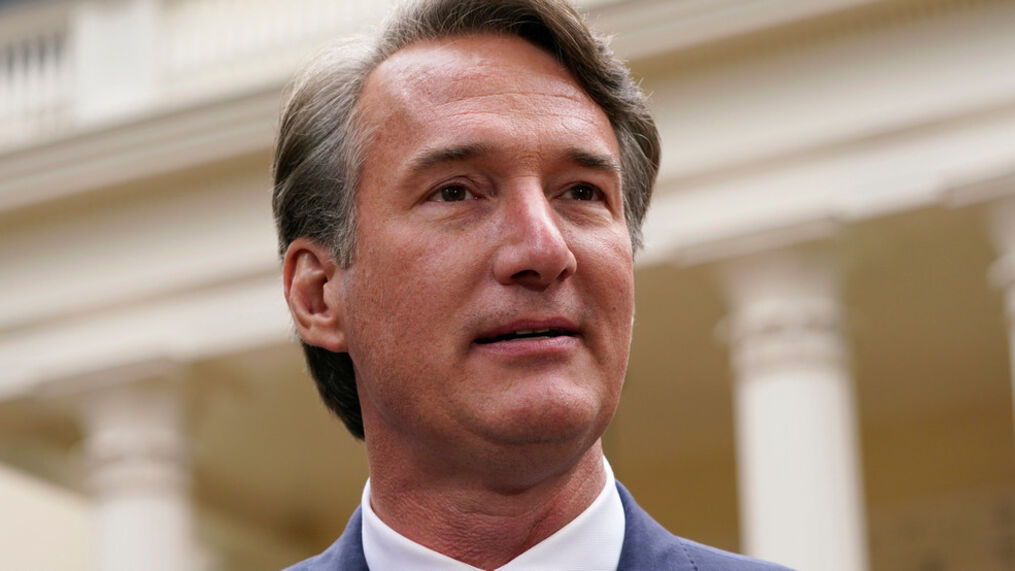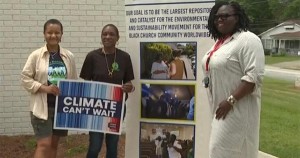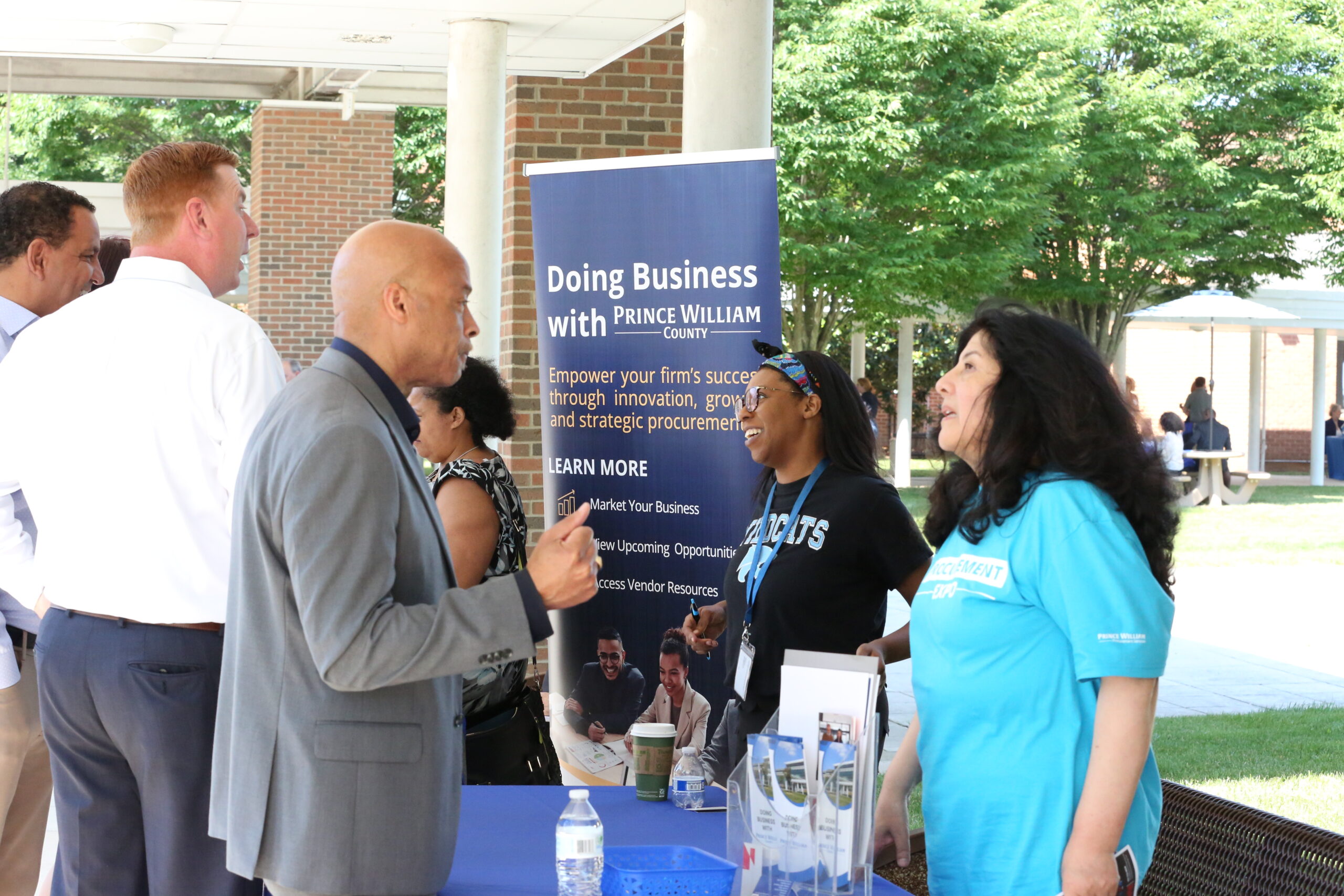Youngkin vetoes bills on retail marijuana sales, minimum wage
by Graham Moomaw, Virginia Mercury
Gov. Glenn Youngkin vetoed legislation Thursday that would have established a retail marijuana market in Virginia and raised the state’s minimum wage to $15 per hour, torpedoing two top Democratic priorities from the 2024 General Assembly session.
The moves came one day after Youngkin’s top priority — the proposal to bring a professional sports arena to Alexandria — imploded under the weight of community opposition, questions about its public financing scheme and partisan combat in Richmond. Ted Leonsis, the owner of the Washington Wizards and Washington Capitals, announced he’d reached a deal to keep the teams in D.C.
Blocking bills at what could be a record-setting pace, Youngkin has now vetoed 86 pieces of legislation the General Assembly passed earlier this year.
The fiery partisanship that has taken hold of Virginia politics the last few weeks raised questions about whether any high-profile legislation could win bipartisan approval, and Youngkin’s new round of vetoes indicate the chances are slim.
In an unusually lengthy veto statement, Youngkin said he sees cannabis as too harmful to society to consider legalizing marijuana sales for recreational use. He said he’s concerned about impacts on children, higher crime and the potential for upticks in “psychosis” if marijuana becomes more easily available in Virginia.
“Attempting to rectify the error of decriminalizing marijuana by establishing a safe and regulated marketplace is an unachievable goal,” Youngkin said. “The more prudent approach would be to revisit the issue of discrepancies in enforcement, not compounding the risks and endangering Virginians’ health and safety with greater market availability.”
Democratic lawmakers who sponsored the marijuana bill called Youngkin’s veto “reckless and negligent.”
“Governor Youngkin’s dismissive stance towards addressing Virginia’s cannabis sales dilemma is unacceptable,” Sen. Aaron Rouse, D-Virginia Beach, said in a statement. “Public servants areobligated to tackle pressing issues, regardless of their origin or culpability. They cannot cherry-pick which problems to address.”
The General Assembly decriminalized possession of small amounts of pot in 2021 under former Gov. Ralph Northam, but the Democratic-led legislature could not agree on a deal to establish a retail marketplace before Youngkin took office in 2022. That left Virginia’s marijuana laws in a jumbled state, with Virginians now free to possess cannabis, grow marijuana at home and buy medical marijuana but blocked from legally buying cannabis for recreational use.
The governor also raised doubts about whether legalizing retail marijuana sales is as effective as advocates say it is in reducing or eliminating the underground market for the drug.
“Moreover, the expectation that cannabis legalization will result in a meaningful net increase in state tax revenues has not materialized in states with legal markets,” Youngkin said. “States with legal retail cannabis have been challenged in transitioning their existing, robust black-markets into legal, regulated, and taxed markets.”
Del. Paul Krizek, D-Fairfax, said Youngkin’s action will only give further fuel to Virginia’s illegal marijuana industry.
“This veto squandered a vital opportunity to safeguard Virginians and will only exacerbate the proliferation of illicit products, posing greater risks to our schools and public safety,” Krizek said.
The marijuana veto has little to no chance of being overridden by the General Assembly when lawmakers return to Richmond on April 17. Democrats who supported the bill hold slim majorities in both legislative chambers and lack the two-thirds majorities needed to overcome Youngkin’s opposition.
The strong opposition to marijuana expressed in Youngkin’s statement suggests advocates may have to wait until the next governor takes office to have a realistic shot at getting a retail bill passed. Youngkin will still be in office for the 2025 General Assembly session, but if Democrats send him another marijuana bill it would likely face the same fate.
The proposal he vetoed, which set up a system for licensing and regulating dispensaries and the cannabis products they would sell, would have allowed retail marijuana sales to begin In May 2025.
In his other major veto announced Thursday, Youngkin blocked a bill that would have gradually raised Virginia’s minimum wage to $13.50 per hour next year and $15 per hour by 2026. That too was a major focus for Democratic leaders, who saw it as a modest step toward making Virginia a more worker-friendly state.
The governor saw it differently.
“The free market for salaries and wages works. It operates dynamically, responding to the nuances of varying economic conditions and regional differences,” Youngkin’s veto statement said. “This wage mandate imperils market freedom and economic competitiveness.”
Youngkin pointed to sizable cost-of-living differences between places like Northern Virginia and rural places like Southwest and Southside Virginia, saying a “one-size-fits-all mandate” is unworkable.
Democrats blasted the governor’s minimum wage as a blow to the working class.
“This veto makes Virginia a worse place for workers and struggling families,” Sen. Saddam Azlan Salim, D-Fairfax, said on X, the social media site formerly known as Twitter. “If we want to help Virginians, we need to lift up the working class, not push for tax cuts for the wealthy.”
(Virginia Mercury is part of States Newsroom, a nonprofit news network supported by grants and a coalition of donors as a 501c(3) public charity. Virginia Mercury maintains editorial independence. Contact Editor Samantha Willis for questions: info@virginiamercury.com. Follow Virginia Mercury on Facebook and Twitter.)



